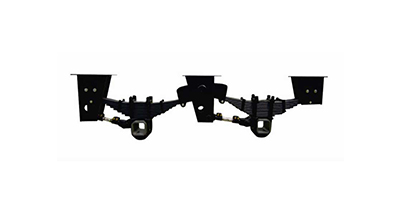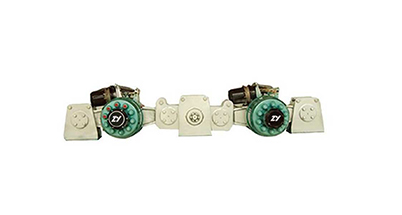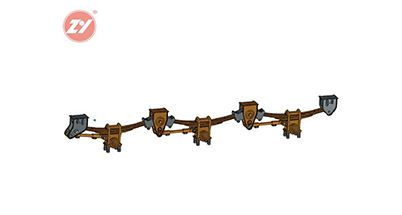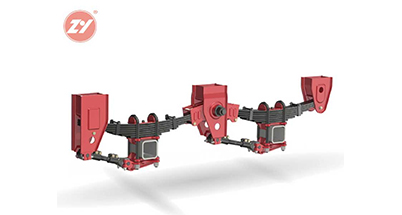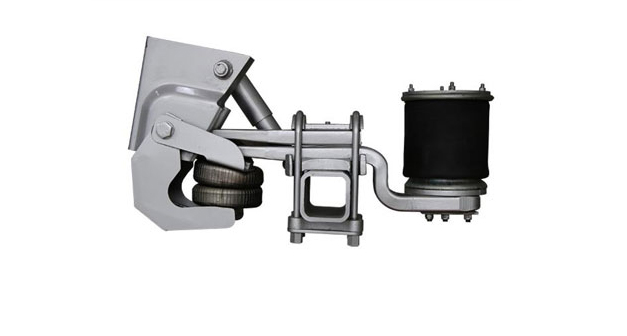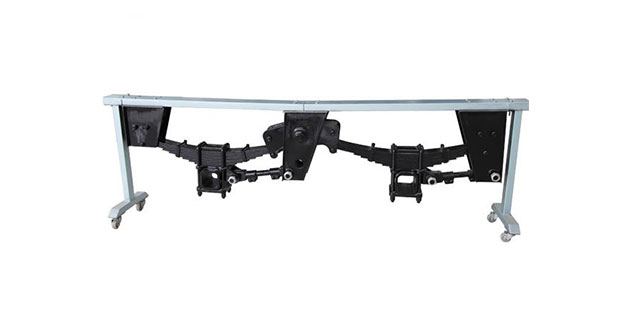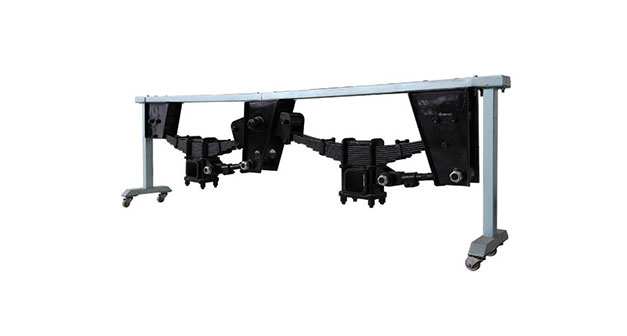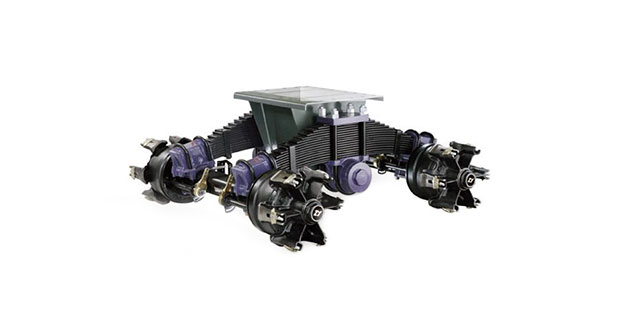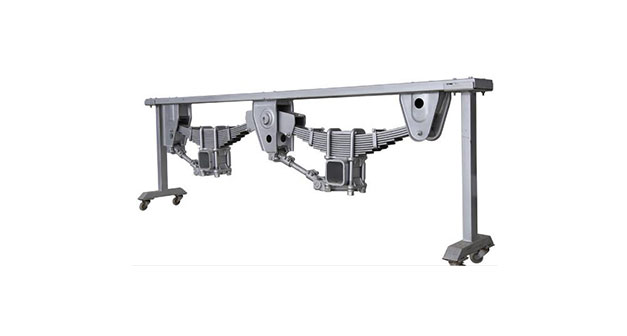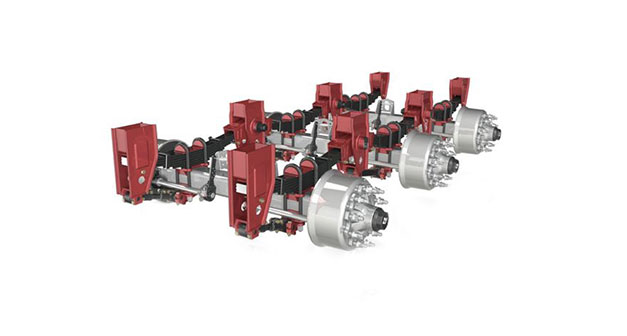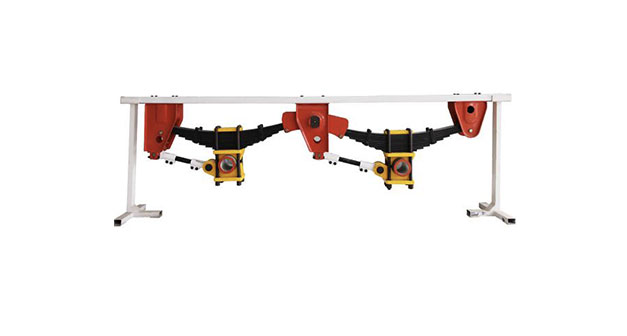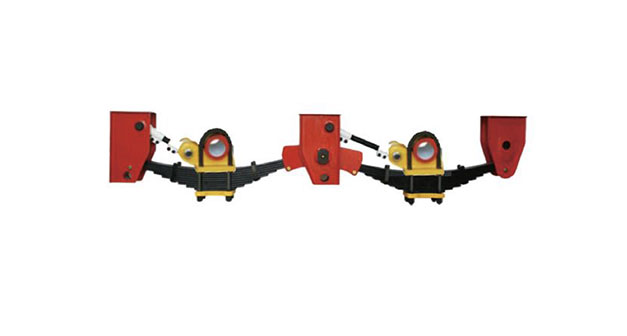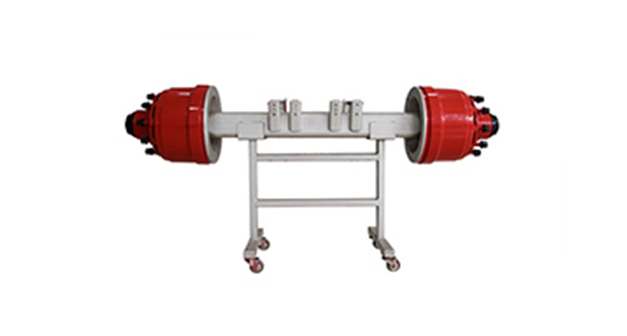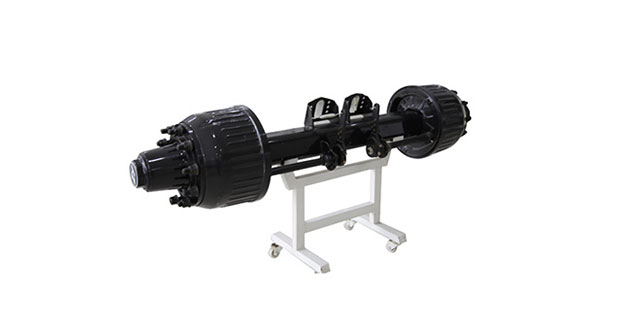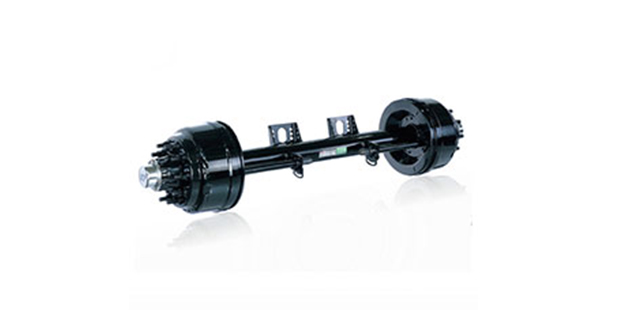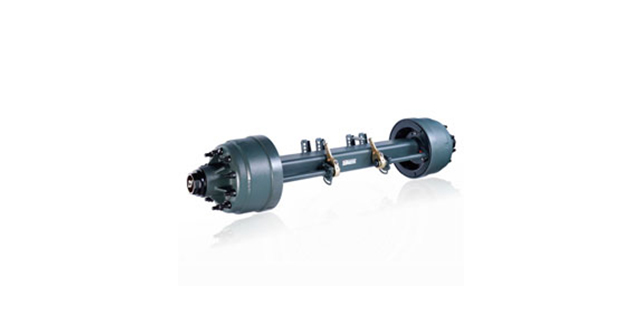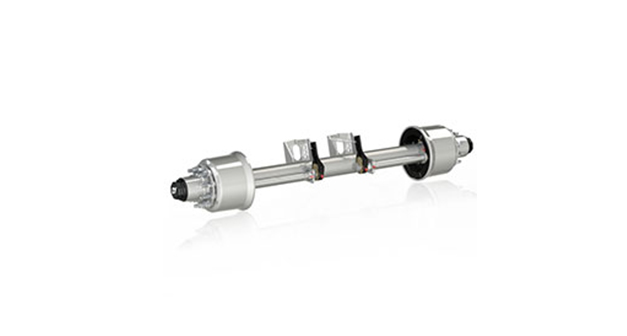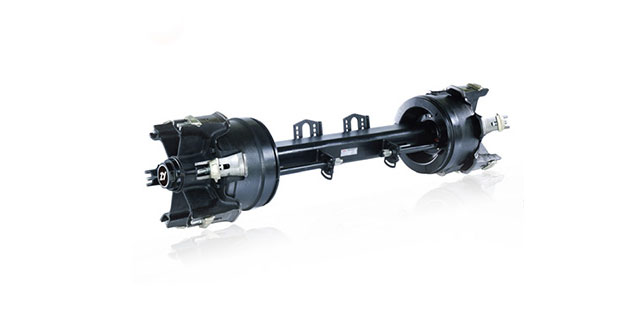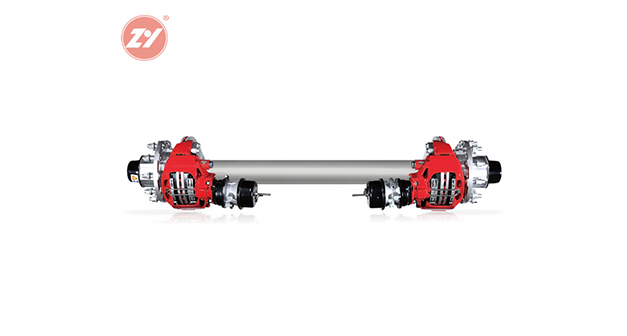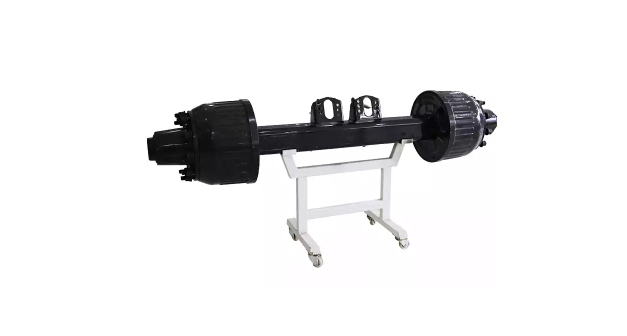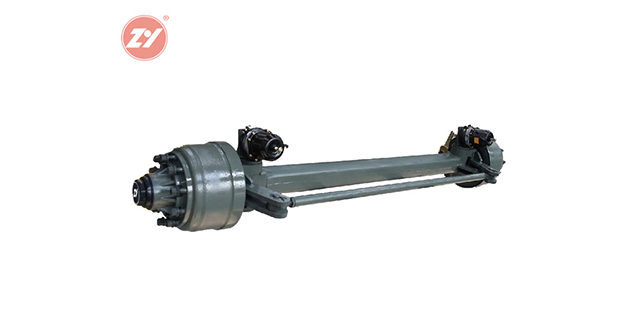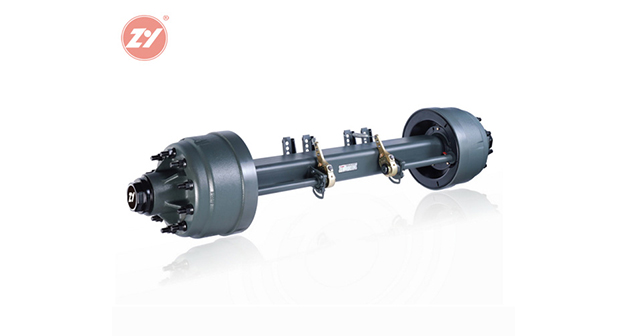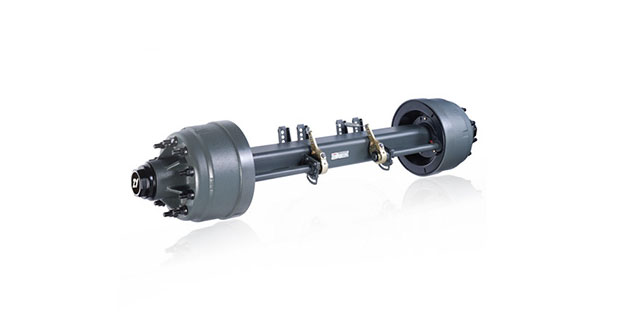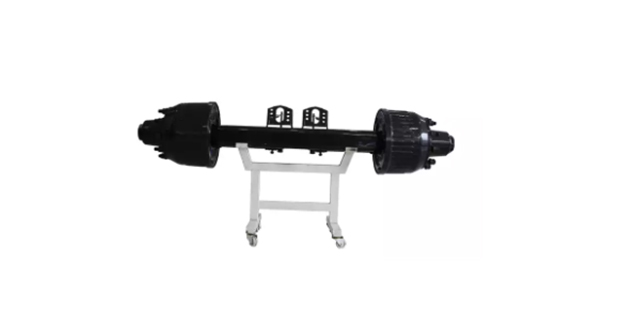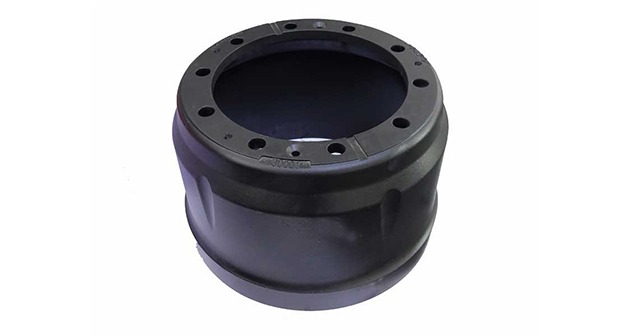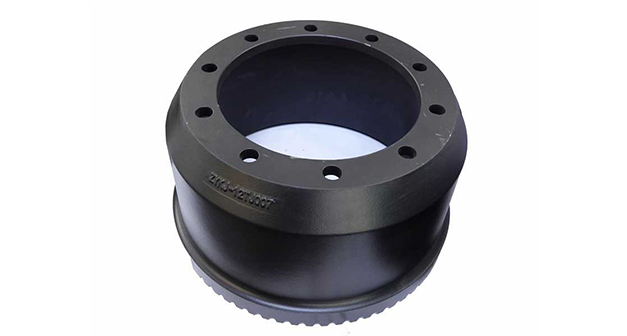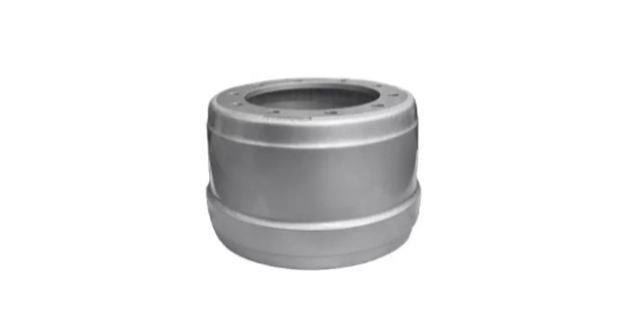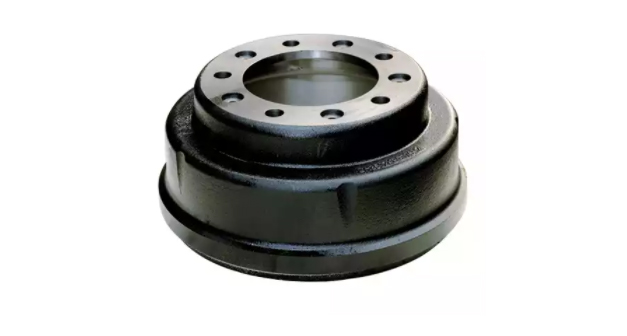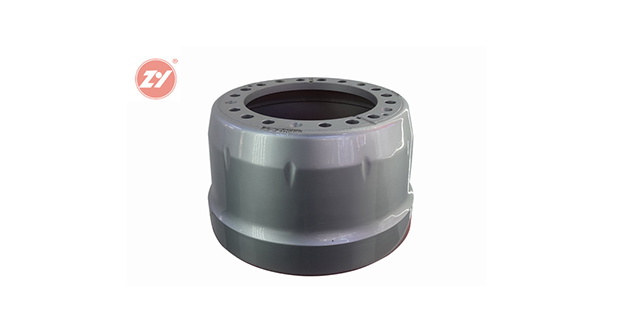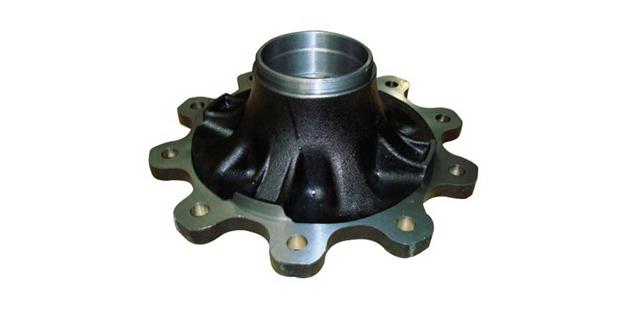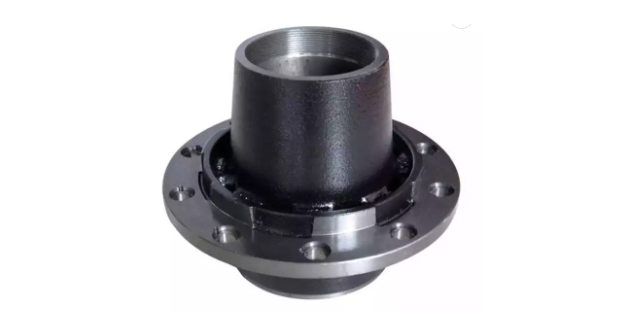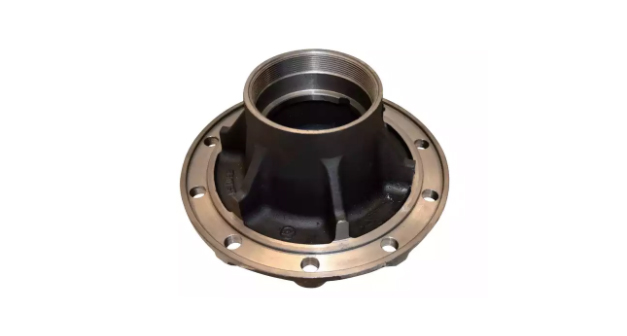Your vehicle's braking system is critical for your safety on the road, and the inboard brake drum is an integral part of that system. To ensure that your inboard brake drum functions efficiently and lasts as long as possible, regular maintenance is essential. In this blog, we'll provide you with valuable tips to help extend the lifespan of your inboard brake drum.
Understanding the Inboard Brake Drum
Before we delve into maintenance tips, let's briefly recap the role of the inboard brake drum in your vehicle's braking system:
The rear drum brake parts is a component of the drum brake system, typically found on the rear wheels of many vehicles. When you apply the brakes, hydraulic pressure forces the brake shoes against the inner surface of the trailer drum, creating friction that slows down and stops your vehicle.
Maintenance Tips for Inboard Brake Drums
Regular Inspections
Perform visual inspections of your brake drums regularly. Look for signs of wear, cracks, or grooves on the surface. If you notice any damage or uneven wear, it may be time for maintenance or replacement.
Cleanliness Is Key
Keep the inboard brake drum and surrounding components clean. Excessive dirt and debris can affect the brake's performance. Use a brake cleaner to remove any buildup, and ensure that the drum is free from contaminants.
Adjust the Brakes
Proper brake shoe adjustment is crucial for even wear and optimal performance. Follow your vehicle manufacturer's recommendations for adjusting the brake shoes to maintain the correct clearance between the shoes and the drum.
Monitor Brake Fluid
The condition of your brake fluid can impact the effectiveness of your braking system. Ensure that your brake fluid is at the right level and free from contaminants. If it appears discolored or dirty, consider having it flushed and replaced.
Signs of Inboard Brake Drum Problems
Unusual Noises
If you hear squealing, grinding, or scraping noises when you apply the brakes, it could be a sign of brake drum issues. Have your brakes inspected immediately.
Reduced Braking Performance
A noticeable decrease in your vehicle's braking efficiency is a clear indication of a problem with the brake drums. Don't delay; get them checked promptly.
Vibration or Pulsation
If you feel vibrations or pulsations in the brake pedal when you apply the brakes, it may be due to an unevenly worn brake drum. Have it inspected and resurfaced if necessary.
Regular maintenance of your inboard brake drum is essential for ensuring the safety and longevity of your vehicle's braking system. By following these tips and staying vigilant for signs of wear or problems, you can extend the lifespan of your brake drums, enhance your vehicle's performance, and most importantly, keep yourself and others safe on the road. Remember that when it comes to brakes, prevention is always better than cure.

